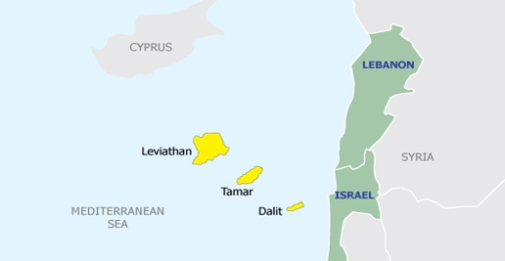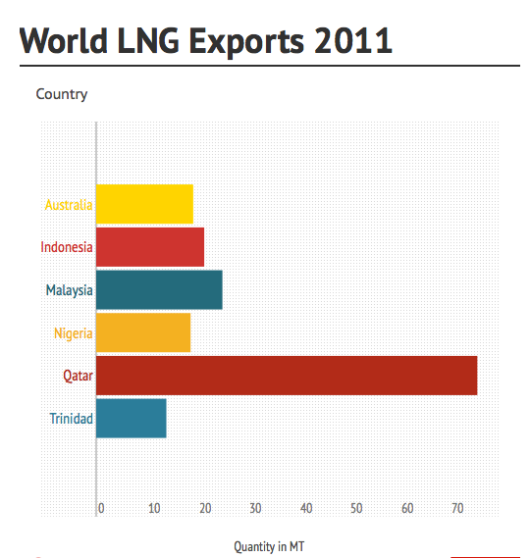As many of you may already be aware of, the small island country of Cyprus is currently in financial ruins and seeking a bailout plan. While there is a pending bailout offer from the EU, many citizens are outraged by the contingents of it and are seeking another plan. Amidst the outrage, sources have reported that the Russian energy company Gazprom has extended to Cyprus a bailout offer of their own.
Gazprom is the largest natural gas company in the world and is responsible for nearly 10% of Russia’s GDP (New York Times). In other words, the company has billions and billions of dollars worth of revenue, which it is looking to invest into the further expansion of their natural gas business.
Meanwhile, Cyprus’ neighbor to the Southeast, Israel, just discovered one of the largest offshore gas fields in the past decade, the Leviathan natural gas field. After this discovery, exploration for natural gas in this Mediterranean region is rampant and Cyprus is likely to withhold the mining rights to a great amount of natural gas. Thus, a natural gas giant such as Gazprom would be eager to obtain exclusive exploration and mining rights of Cyprus’ natural gas fields, exactly what Gazprom’s bailout plan entails.
Gazprom’s reported proposal to Cyprus entails a bailout option in which Cyprus would concede exclusive rights of it’s natural gas fields to Gazprom. In turn, Gazprom would single handedly bail out the country of Cyprus, who would need around 10 billion Euros to re-stabilize its economy.
While this may initially seem like an easy and reasonable solution to Cyprus’ troubled economic state, there are many underlying affects and motives. Gazprom effectively has a monopoly on the natural gas market in Europe, providing it with about 40% of its imported gas. The bailout of Cyprus’ would give the country the means to sell rights of its natural gas reserves to be mined by different gas companies. In theory, Cyprus would have the power to create its own gas industry, which if productive enough, could become and export business to the likes of many European nations.
If Cyprus were to create its own gas industry and export to Europe, Gazprom would be undercut and be potentially forced to lower their prices and loosen their grasp on the European market. This occurrence would be very detrimental to the revenues of Gazprom.
As it stands now, Gazprom has not made a release stating its offer to Cyprus, nor has Cyprus given any definitive evidence suggesting consideration of the proposal. This example however, shows how powerful the rights to natural gas exploration are and to what lengths some companies will go to claim those rights.









